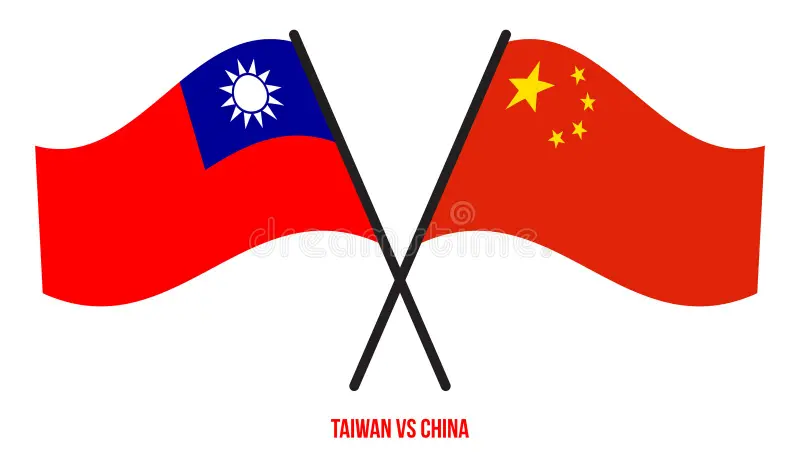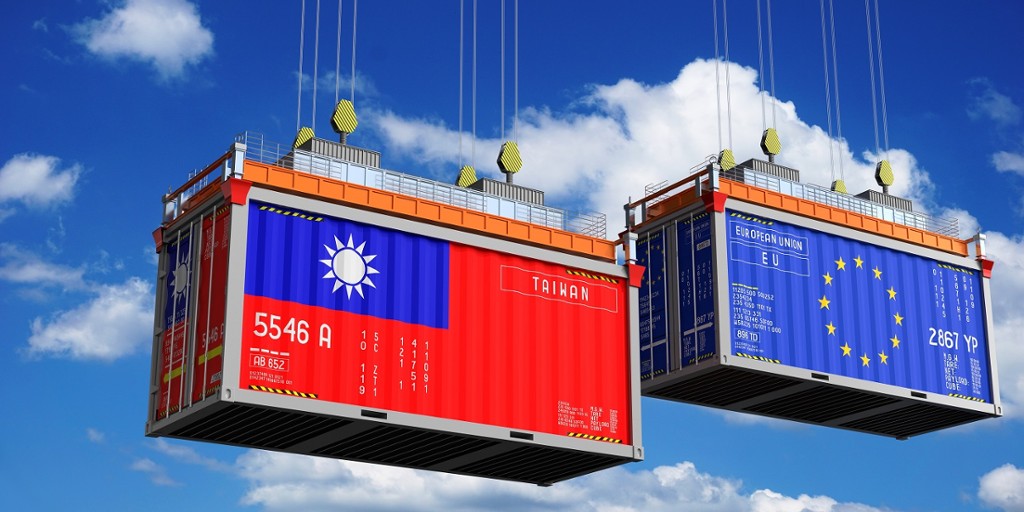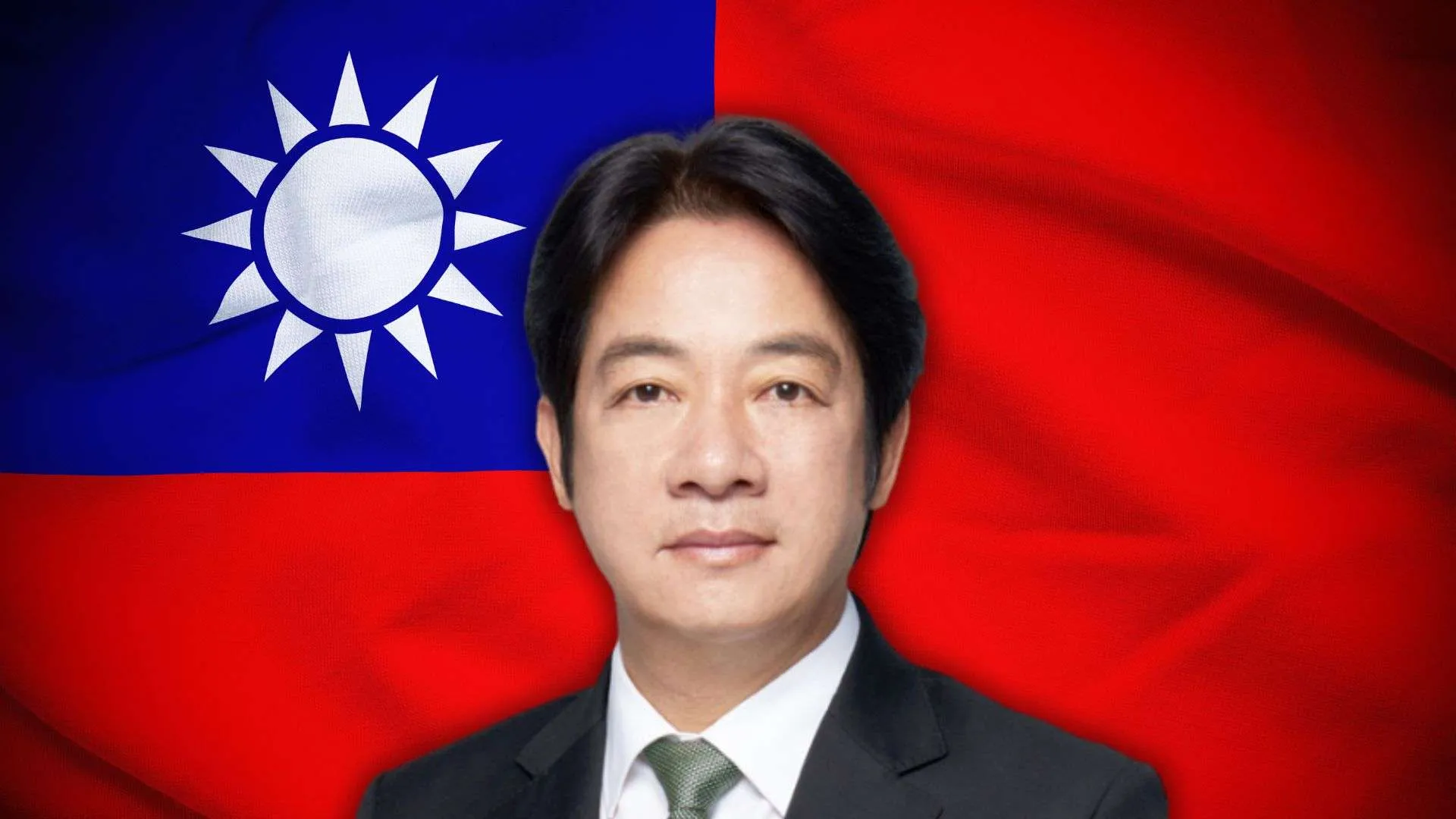by Martin Haffner Associate Editor
In a significant escalation of political rhetoric, Taiwan’s government recently declared China a “foreign hostile force” in response to increasing military pressures and diplomatic isolation imposed by Beijing. This proclamation marks a notable shift in Taiwan’s approach to its neighbor, underscoring the Taiwan administration’s determination to defend its sovereignty against perceived aggression.
The relationship between Taiwan and China has long been fraught with tension, stemming from the Chinese Civil War that led to the establishment of the People’s Republic of China (PRC) in 1949 and the retreat of the Nationalist government to Taiwan. Since then, the PRC has claimed Taiwan as part of its territory, vowing to reunify the two, by force if necessary. In recent years, China’s assertive military maneuvers, including frequent incursions into Taiwan’s air defense identification zone (ADIZ), and a campaign to diplomatically isolate the island, have resulted in heightened security concerns in Taipei.
In light of these developments, the Taiwanese government, led by President Tsai Ing-wen, has publicly characterized China as a “foreign hostile force.” This designation reflects the Taiwanese administration’s recognition of the growing threat posed by China’s military activities and its aggressive rhetoric regarding Taiwan. Tsai’s government has expressed a commitment to enhancing Taiwan’s defense capabilities and reinforcing its sovereignty.
During a recent address, President Tsai emphasized that Taiwan must remain vigilant and prepared to counter any military or political challenges from Beijing. She announced a series of measures aimed at bolstering Taiwan’s national defense, including increased military spending, the development of indigenous defense systems, and strengthening partnerships with other countries that share similar democratic values.
In response to the designation of China as a “foreign hostile force,” Taiwan has outlined several key measures:
- Increased Defense Spending: The Taiwanese government plans to ramp up its defense budget significantly. This includes investments in advanced weaponry, missile systems, and cyber defense capabilities to protect against potential threats from the mainland.
- Strengthening Alliances: Taiwan is actively seeking to enhance its military cooperation with allies such as the United States, Japan, and European nations. Joint military exercises, training programs, and intelligence-sharing initiatives are being prioritized to bolster regional security.
- Promoting Cybersecurity: Recognizing the importance of cyber resilience, Taiwan is increasing efforts to protect its infrastructure from cyberattacks, which are often attributed to Chinese state-sponsored actors. This includes enhancing cybersecurity protocols and public awareness campaigns.
- Enhanced Public Support: The government is engaging in outreach efforts to inform the Taiwanese public about the importance of national defense and the potential threats posed by China. This initiative focuses on fostering a sense of solidarity and resilience among the populace.
- International Advocacy: Taiwan seeks to gain more international support and visibility on the global stage. This involves advocating for Taiwan’s participation in international organizations and forums, despite pressure from China to isolate the island diplomatically.
Taiwan’s declaration of China as a “foreign hostile force” marks a bold and clear stance in the face of rising tensions. As Taiwan navigates its complicated relationship with China, it remains committed to defending its democratic values and territorial integrity. With these tough measures in place, Taiwan aims not only to secure its own future but also to serve as a beacon of democracy in a region increasingly influenced by authoritarian powers. The global community will be watching closely as Taipei seeks to bolster its defenses and assert its independence in the face of ongoing challenges from Beijing.



